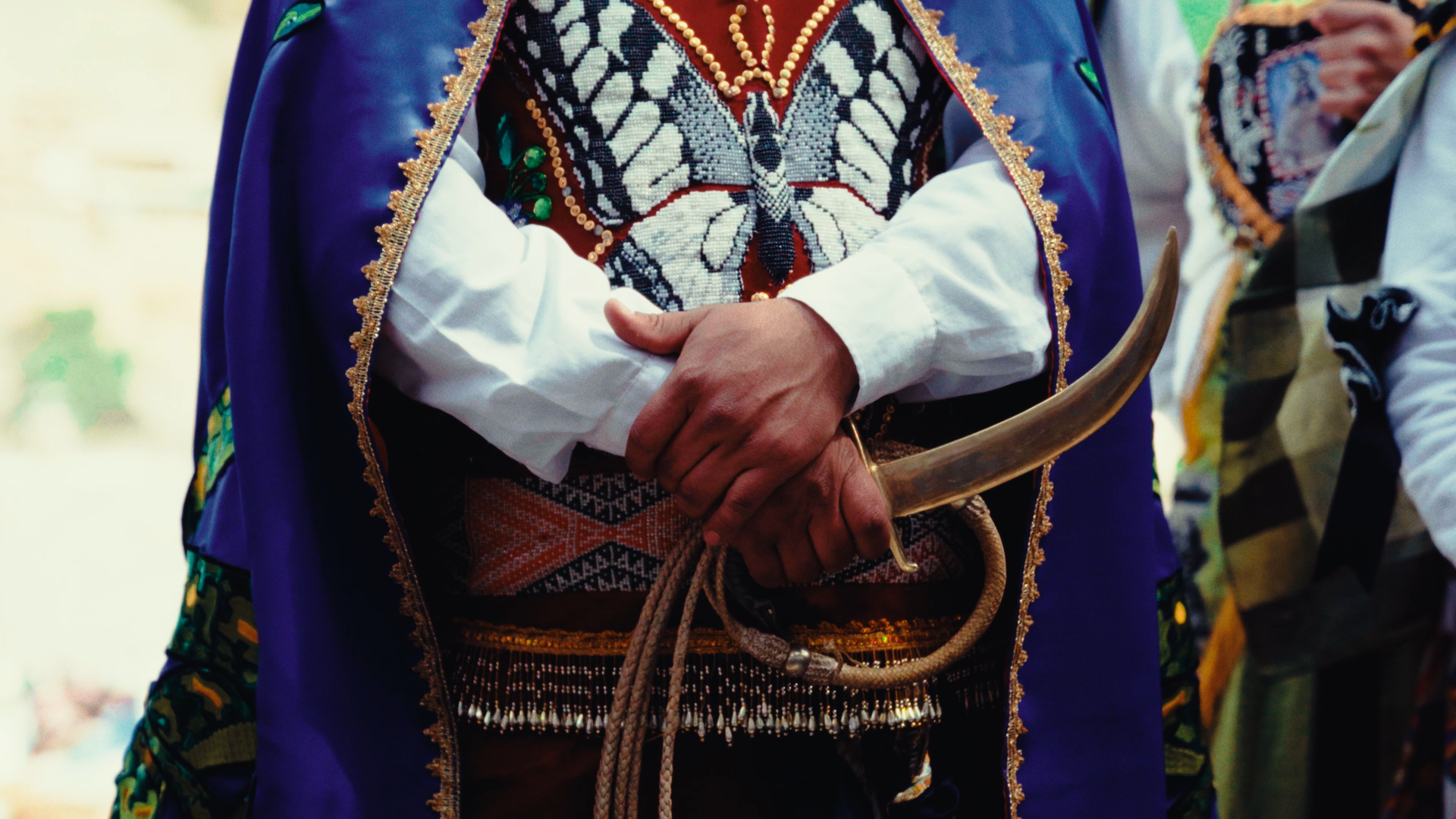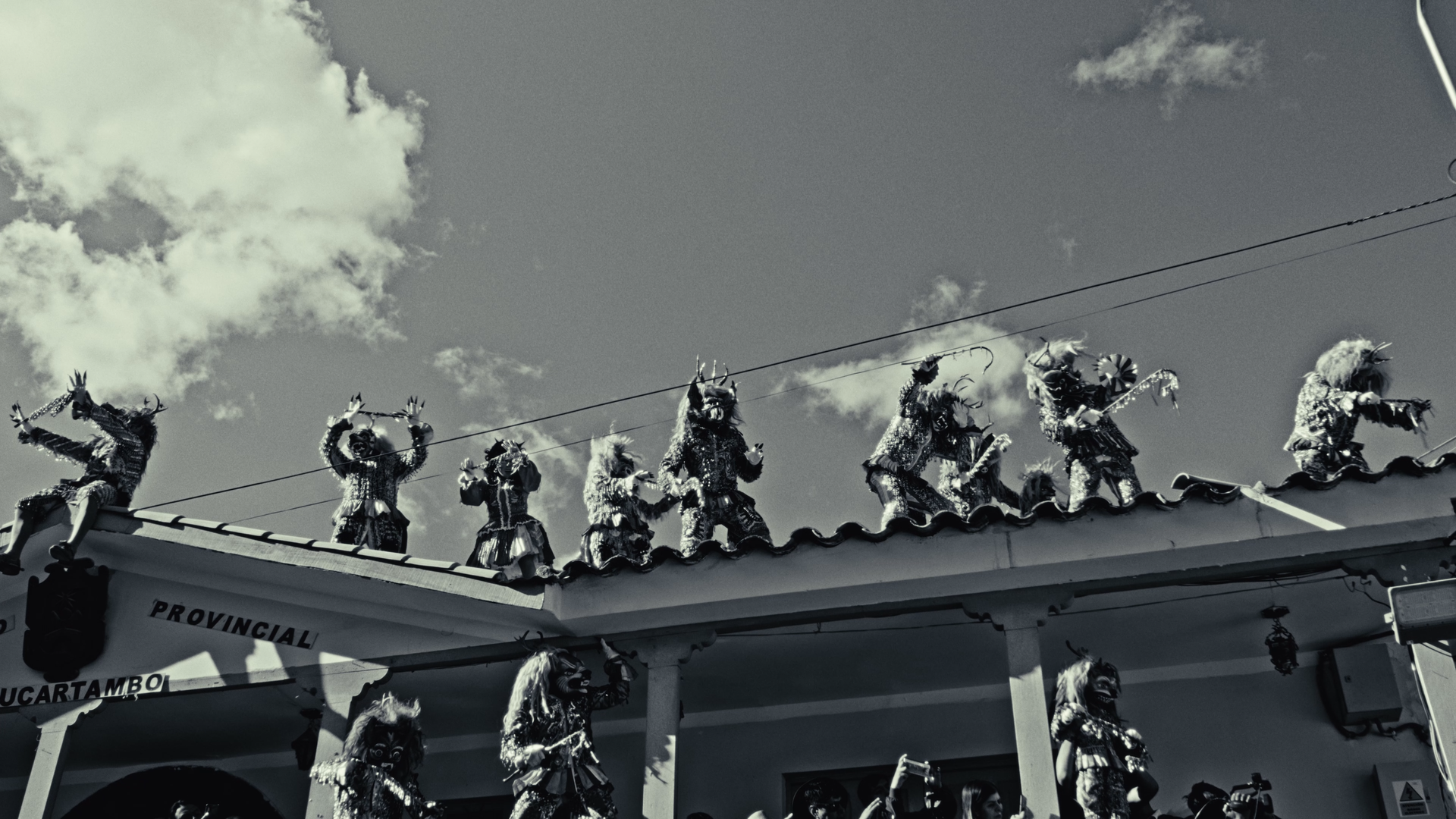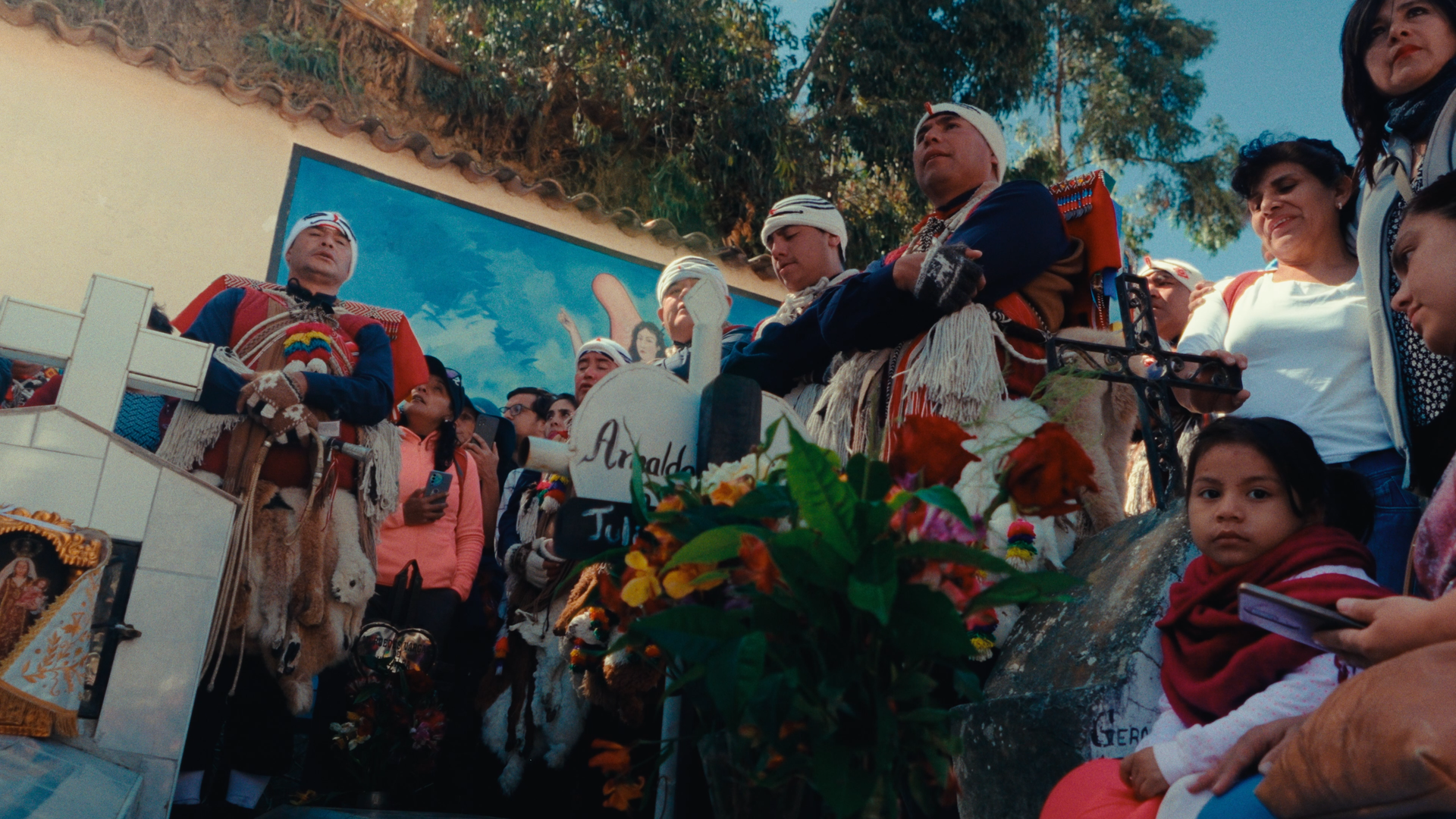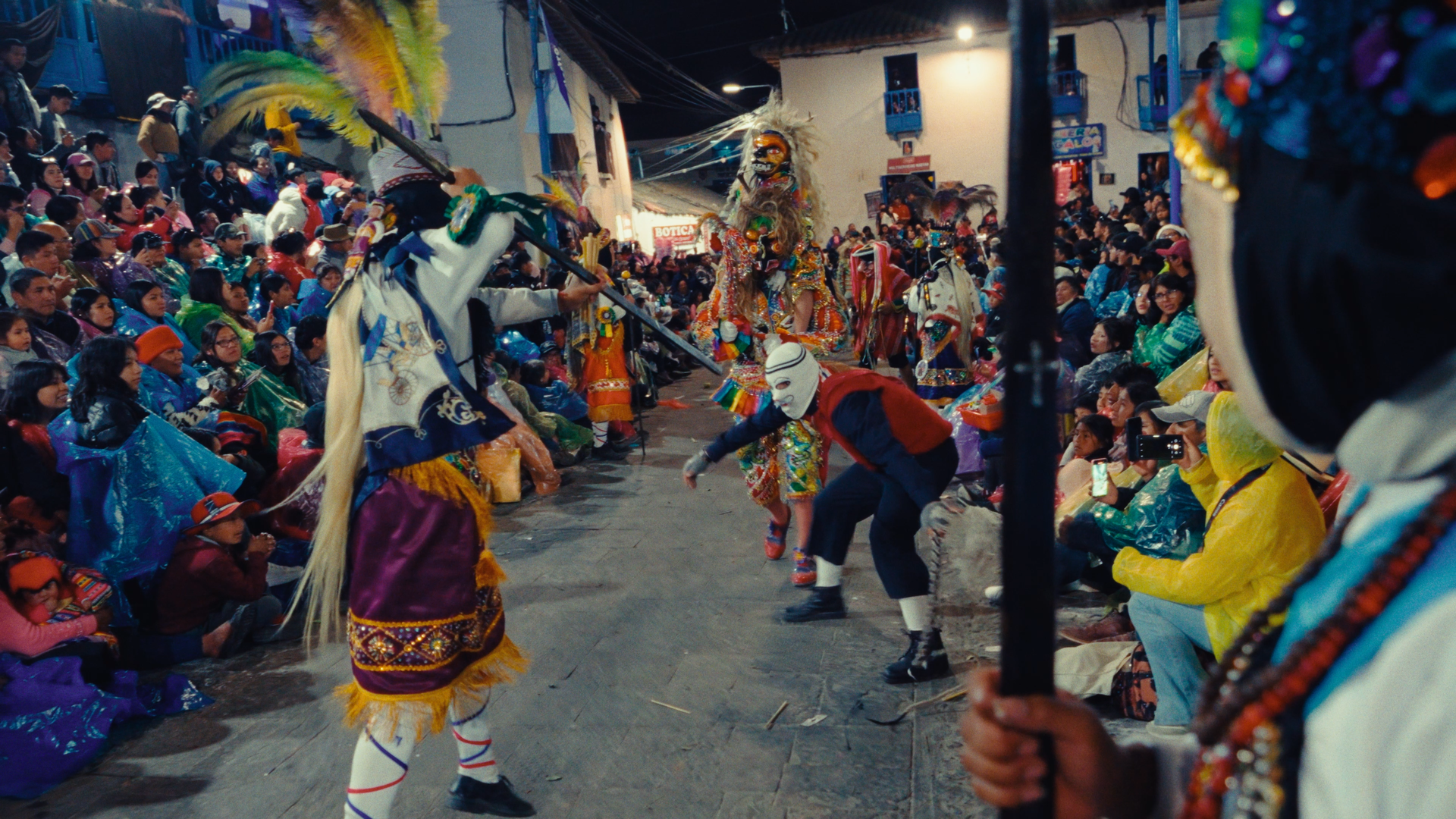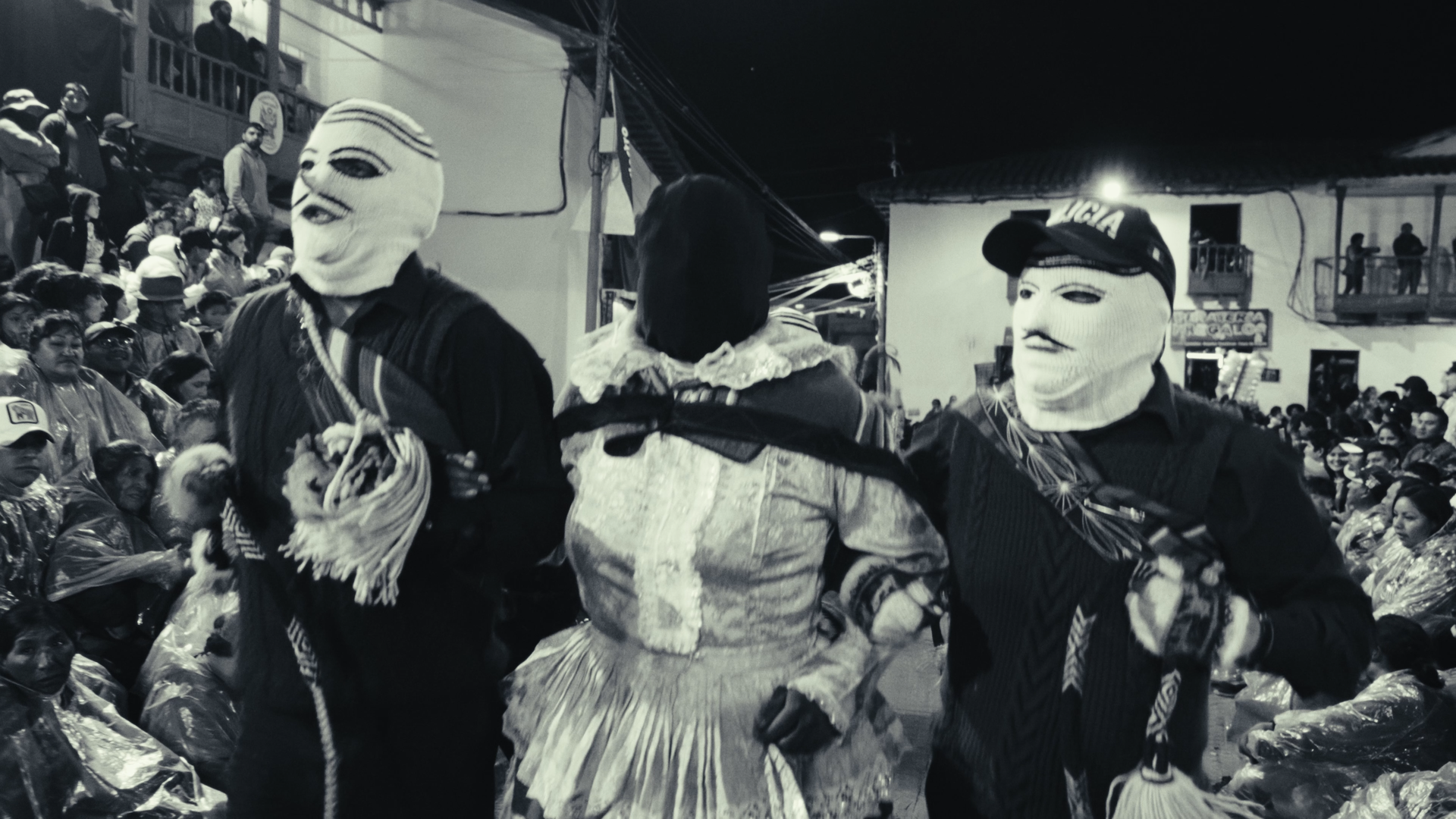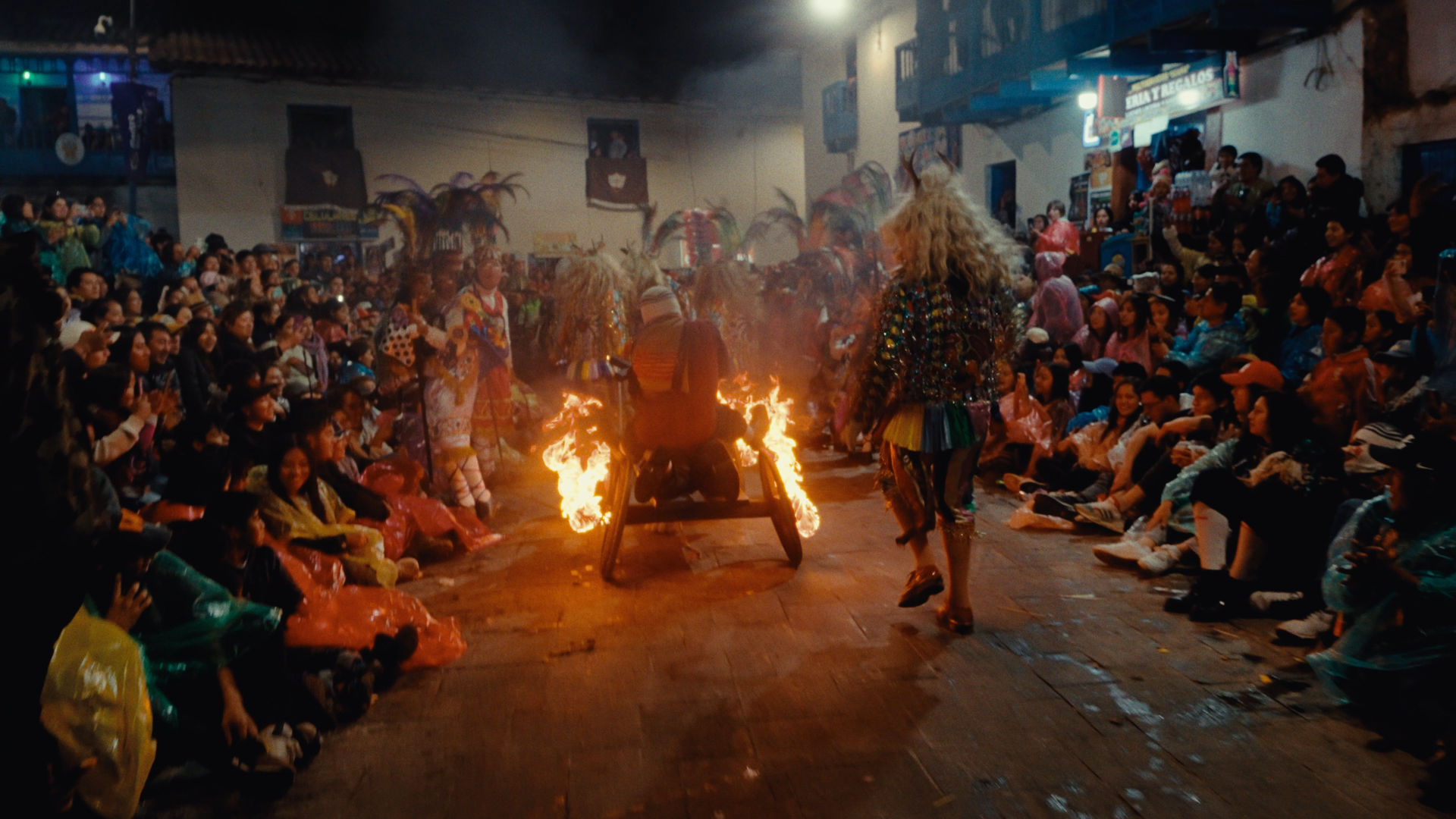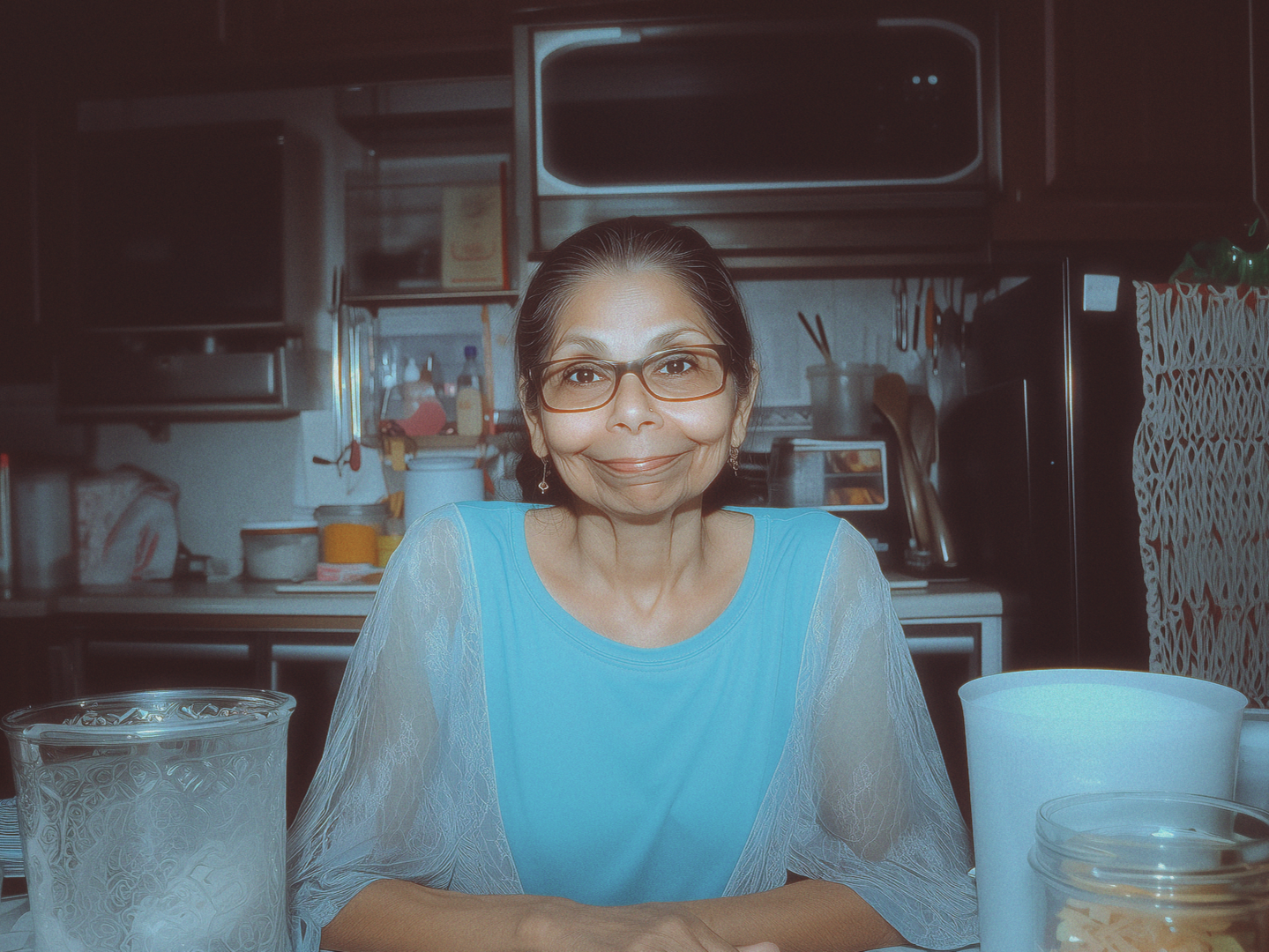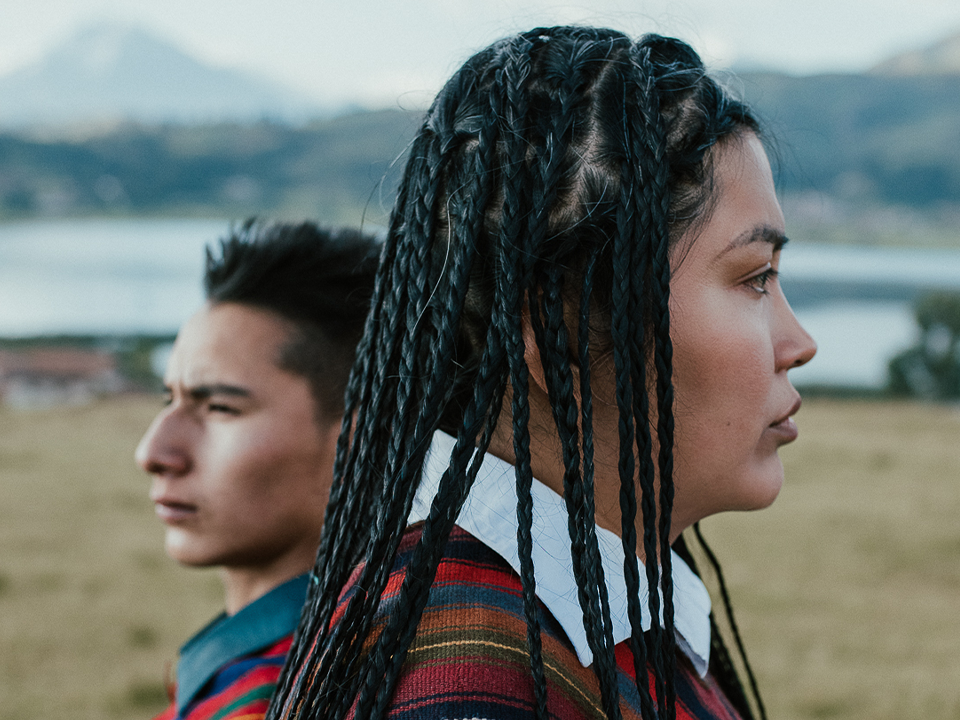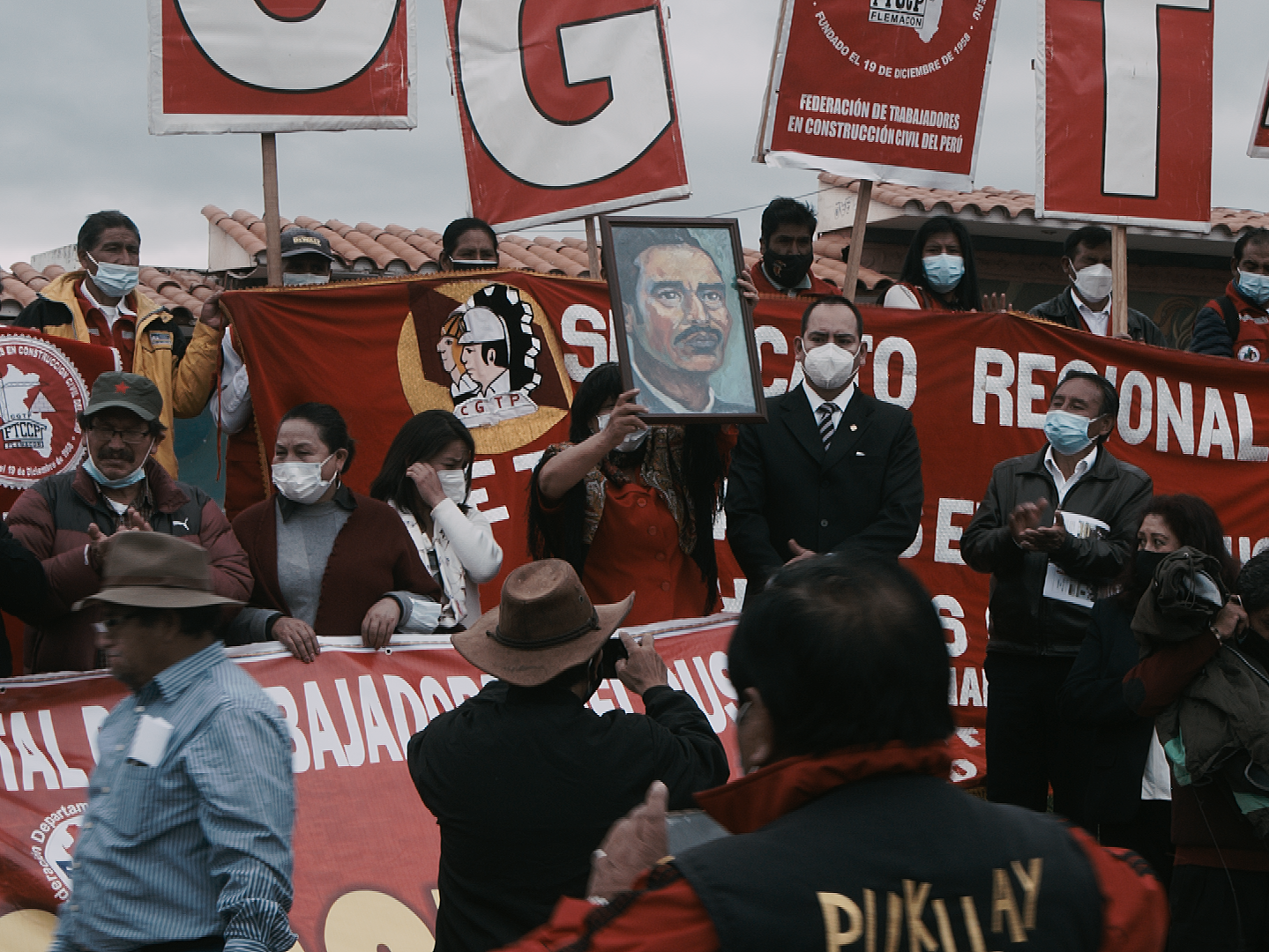SINOPSIS
For five days, the “Paucartambo” festival comes to life as a vibrant spectacle of cultural syncretism. This documentary combines dances, songs, and Andean traditions with striking visuals that capture the intense devotion of a timeless festivity, challenging the conservative views often associated with it. Through joviality and ritual chaos, this documentary portrays the Paucartambo festival as a timeless celebration that transcends through songs, dances, and traditions.
DIRECTORS STATMENT
In 2019, I attended the Paucartambo festival as an assistant to a photographer from Cusco and was captivated by the oral traditions and the characterization of the dancers, feeling the need to portray them. Since then, I have sought the help of Mamacha del Carmen to tell her story. The festival, celebrated for over four centuries in July, blends acts, dances, and music that satirize the connection between ancient and modern Cusqueñan society, with characters interacting with the public in a playful and ritualistic narrative, culminating in fervor towards the Virgin of Carmen.
I understood that there was a hidden story among the locals and attendees and identified with the vision of Andean culture, building bridges with the community. I decided to focus the documentary on the Paucartambino "self" and its relationships, developing a visual and sound rhythm that permeates the experience of the encounter. "Paucartambo" is an anthropological-visual exploration of the performing arts and religious legacy, delving into collective memory. The documentary is a tribute to Mamacha Carmen, with two narrators: an entity that gives voice to the town's rebirth and a young dancing Maqta, personifying the traditions.
